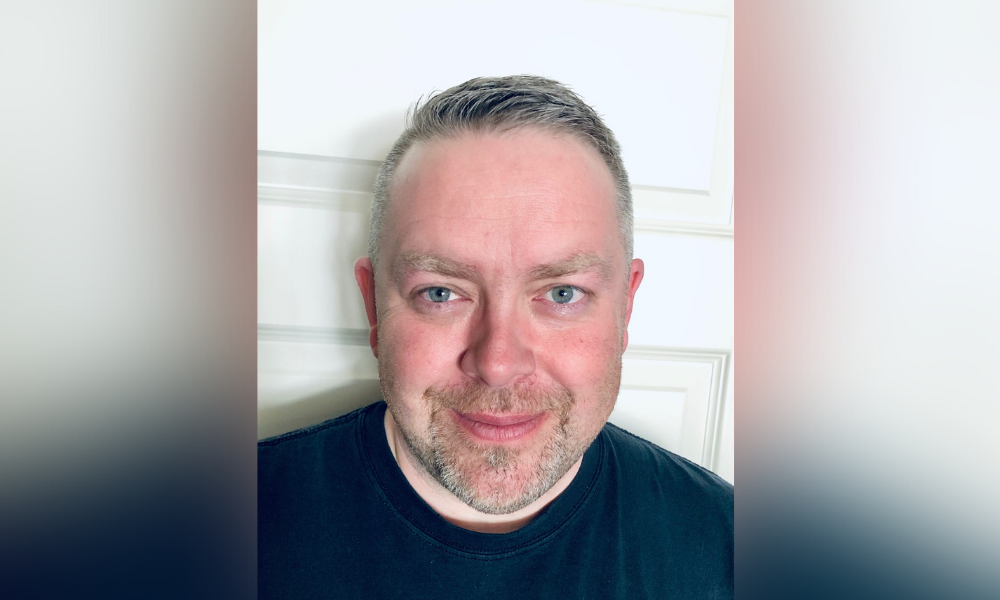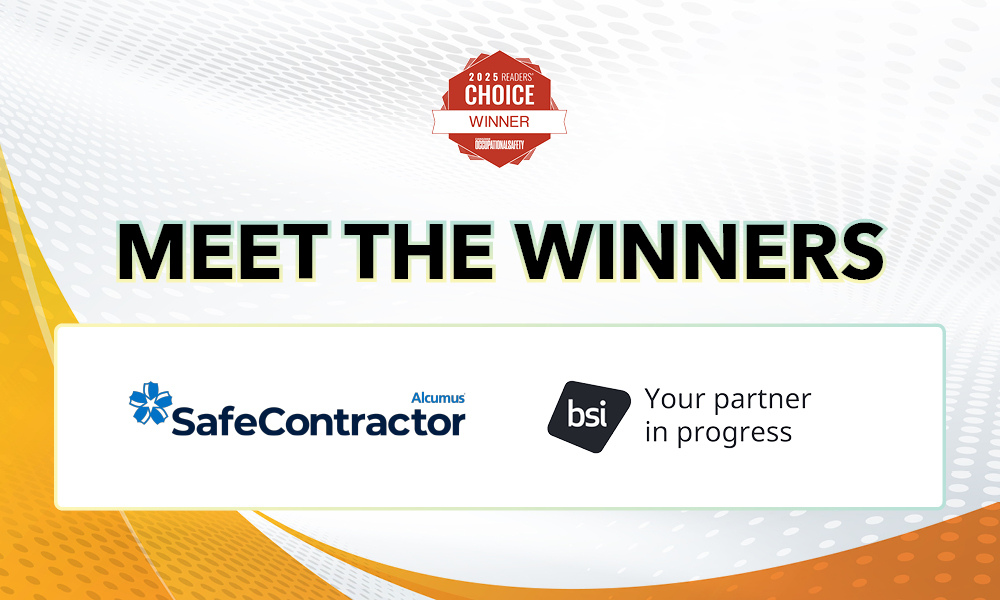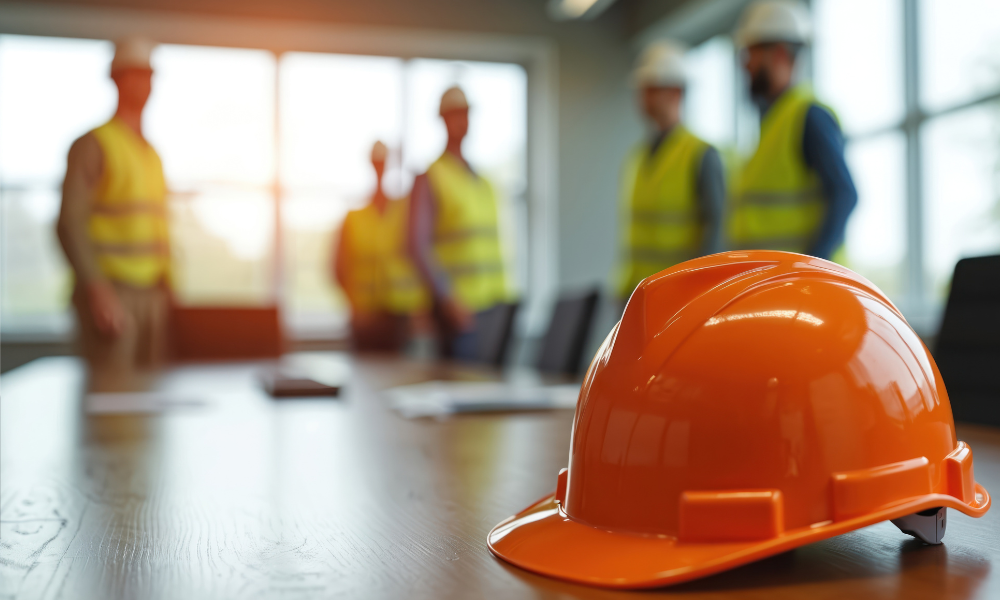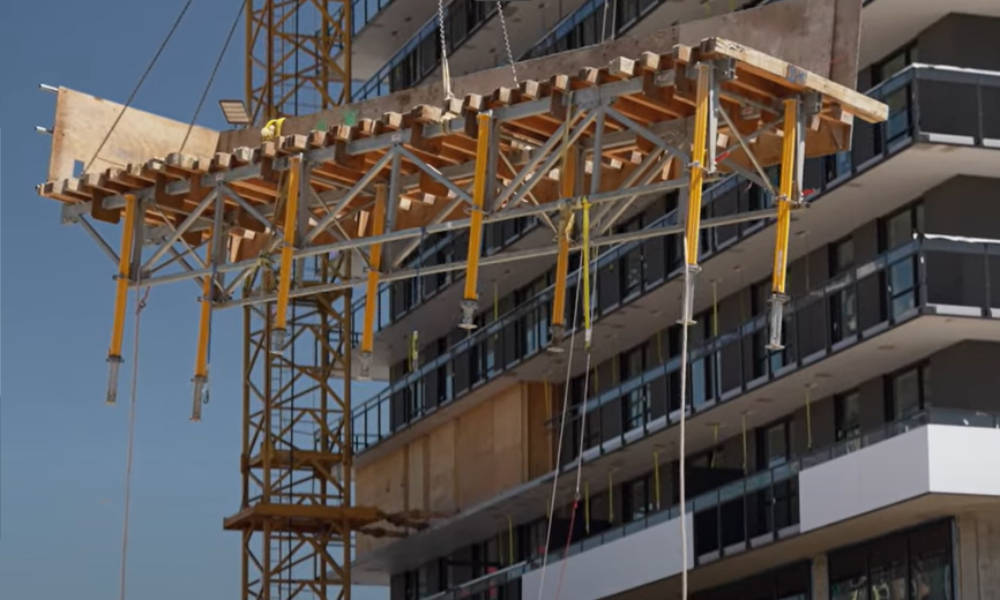From mine rescue to 'unique opportunity' in Northern Alberta

“It’s very fulfilling when you can bring a solution that makes [a worksite] safer, when you can influence behaviours, when you can coach somebody to be a more effective leader,” says Jason Weibel.
Weibel says that, like many other safety professionals in his field, his entry into the OHS sphere was through emergency response.
“My background was actually in mine rescue. When I got to university, I was working in a mine in the town I grew up in, just trying to figure out what I was going to do.”
He was introduced to the mine rescue role which he describes as “fantastic” as it “really opened my eyes to safety. You see the end result [of safety] and the trauma associated with worksite injuries and workplace injuries.”
He then pivoted and ended up going to the University of Alberta where he completed the OHS program, which cemented his interest in occupational safety.
Weibel is now a safety lead with Imperial, currently supporting a project at the Kearl oil sands site in northern Alberta.
“It’s a pretty unique project, it’s the first one I’ve done of this magnitude,” says Weibel.
“My favourite part of the role is the diversity. No day is the same,” he says. “Some days might be dealing with something very specific, other days it might be more coaching. And it’s also really rewarding because I think this job is a problem-solving job.”
Weibel says that the biggest challenge for him over the course of his career has been change, and dealing with change management.
“The last 10 years in particular, technological tools have been a real theme,” he says. “We’re starting to see worksites being integrated with technology more and more. There’s a huge windfall, and there’s a huge amount of benefit to that.”
Despite the advantages offered by technology, Weibel says that it can be a challenge because people do not typically embrace change “and when they do, it might be misunderstood or misconstrued.”
He explains that the job of the safety professionals has evolved of the last few years, during the first 10 years of his career he says that there was a very technical approach. But in the last few years there has been a stronger focus on “softer skills” such as change management, culture and leadership.
“We’re all change agents in our organization, we’re trying to get us to a safer place. And that’s extremely challenging but it’s the promise of making change for the better that drives us.
And the good news is I think most organizations are really embracing that, and they see the value of it like never before,” says Weibel.
Technology has allowed for a certain amount of change in safety performance which, says Weibel, is “incredible – but you really have to be cognizant of integration and how it comes into operations and how it affects people. So it’s challenging work, but it’s really rewarding work too.”
For most OHS professionals, the safety mindset is a constant:
“I’m a firm believer that you build a culture by doing the right thing when nobody is watching. And for safety professionals, modeling proper behaviours at work and at home,” says Weibel. “When I talk about safety, I really try and walk the talk on the worksite and at home […] safety truly becomes a mindset.”
What is Imperial Oil?
Imperial Oil is a Canadian petroleum company. Owned at around 70 per cent by ExxonMobil (whose trading name is Esso), it is Canada’s second-largest integrated oil company and supplies Esso-brand service stations. Headquartered in Calgary, Alberta, it is currently in a joint venture oil sands operation with ExxonMobil called Kearl Oil Sands.





